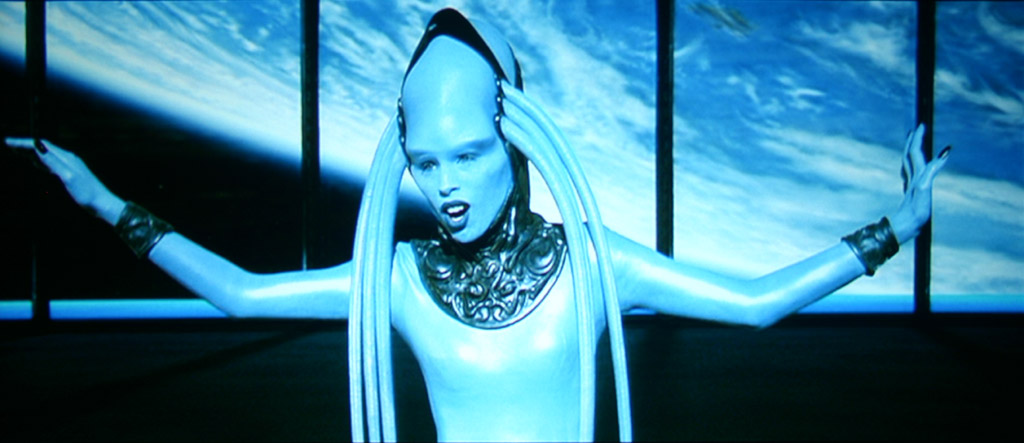


Though several studies have illustrated the impact of ‘classical’ instrumental music on heavy metal and pop music, no serious scholarship has as yet explored the considerable influence exerted by opera, and its conventions, on various forms of rock music (Aledort 1985 McClary and Walser 1990 Walser 1992 Covach 1997).

One important realm of popular culture that has appeared relatively immune to operatic influence, however, is rock music. Films (even silent films), radio, television, literature and numerous other media have all, to one degree or another, appropriated either actual opera or operatic devices and conventions. Opera and operatic images have invaded nearly all aspects of popular culture. Through recordings by artists such as Nina Hagen and Diamanda Gal s, opera has been revitalised, with alien divas and sampled sirens influencing contemporary culture in ways which most classical singers can only dream about. When utilised in popular music, opera becomes a site of political, class and identity conflict, an exotic object of pleasure, and a way of rupturing conventional popular music vocal styles. In these recordings, opera is positioned against popular music styles as a signifier of the gargantuan extremities of canonical European art culture. The intention of this mapping is not to be exhaustive, rather it seeks to highlight how the appropriation of opera's structure, narratives, vocalities, and performance conventions by popular music artists has been used to make political, cultural or artistic statements. This paper will provide a brief introduction to some of the landmark recordings where opera was appropriated into electronica, hip hop, rock and pop music from 1980 to 2005. Yet it was Queen's smash hit "Bohemian Rapsody" from A Night at the Opera (1975) which thrust operatic forms upon 1970s rock audiences and the momentum generated from rock opera carried through into other music styles.

This movement was driven by experimental composers such as Luciano Berio, Philip Glass and Robert Ashley who each addressed the framing of opera inside the opera house, and the kinds of vocalities which define opera. In the second half of the twentieth century opera left the opera house behind. However, these early popular recordings of operatic song maintained a relationship to the tradition of opera, extending the reach of the metaphorical opera house into domestic listening environments. At the beginning of the twentieth century compilation recordings of operatic arias by singers such as Enrico Caruso began to decontextualise operatic songs from their narrative context.


 0 kommentar(er)
0 kommentar(er)
